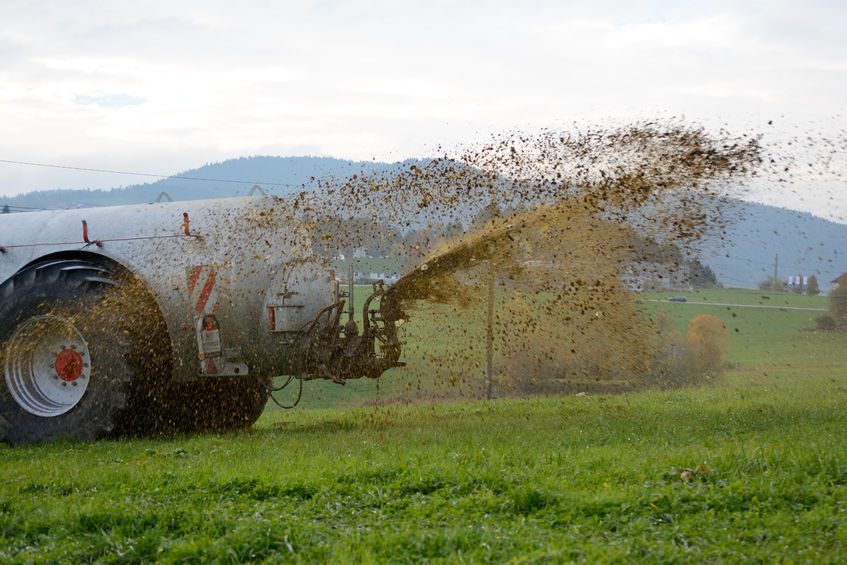
Amendments have been made to Scottish legislation to improve controls on the storage of slurry and digestate to reduce leakage, along with more targeted spreading to reduce emissions.
Changes to the way that slurry and digestate is stored and spread on Scottish farms could lead to a reduction of up to 70% of the harmful ammonia that is released, the Scottish government said.
While slurry and digestate are important nutrients for use on farms, they can also be damaging to the natural environment if not used properly.
A key element of the regulation is the phasing out of broadcast spreading of slurries by splash plates and the introduction of low-emission, precision spreading equipment.
The changes are being made following a 12-week public consultation and engagement with the agricultural groups, such as NFU Scotland.
The Scottish government said the changes will be phased in, with some farms having up to five years to comply.
Minister for Environment Màiri McAllan said: “By using low emission, precision equipment, we can reduce the ammonia emissions by up to 70%, protecting our vital water environment and reducing the agricultural impact on climate change.
“This will also make an important contribution to the commitments on reducing air pollutant emissions from agricultural activity, which are set out in our new air quality strategy published earlier this year."
She said the Scottish government had listened to the concerns of farmers and made alterations to the legislation, as 'farms will not be able to introduce changes overnight'.
“We will continue to work with our farming communities to ensure a continued thriving agricultural sector, while meeting our obligations to achieve net zero," the minister added.
The Water Environment (Controlled Activities)(Scotland) Amendment Regulations 2021 will come into force from 1 January 2022.
